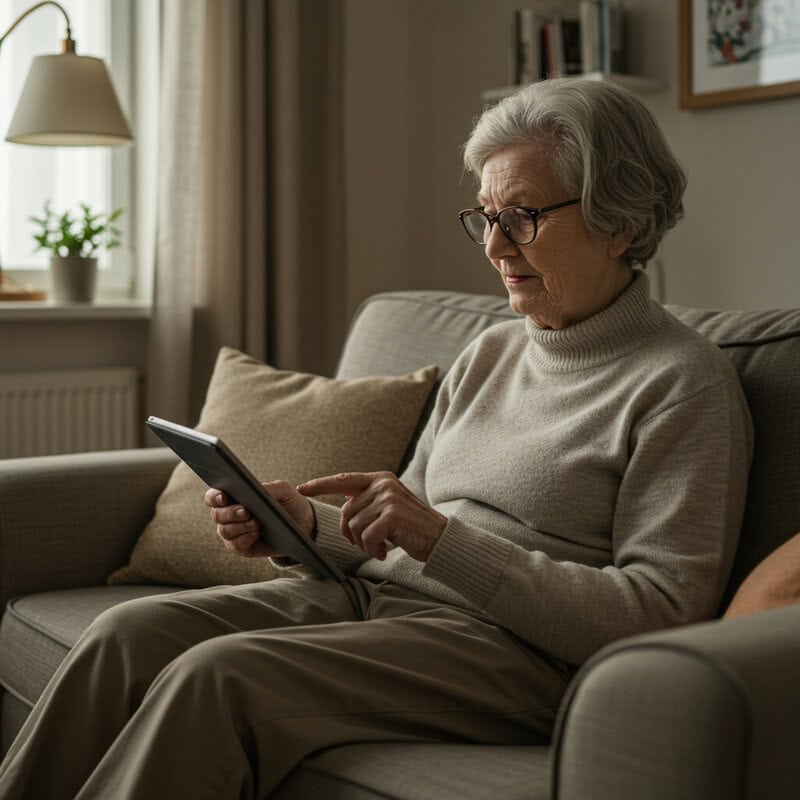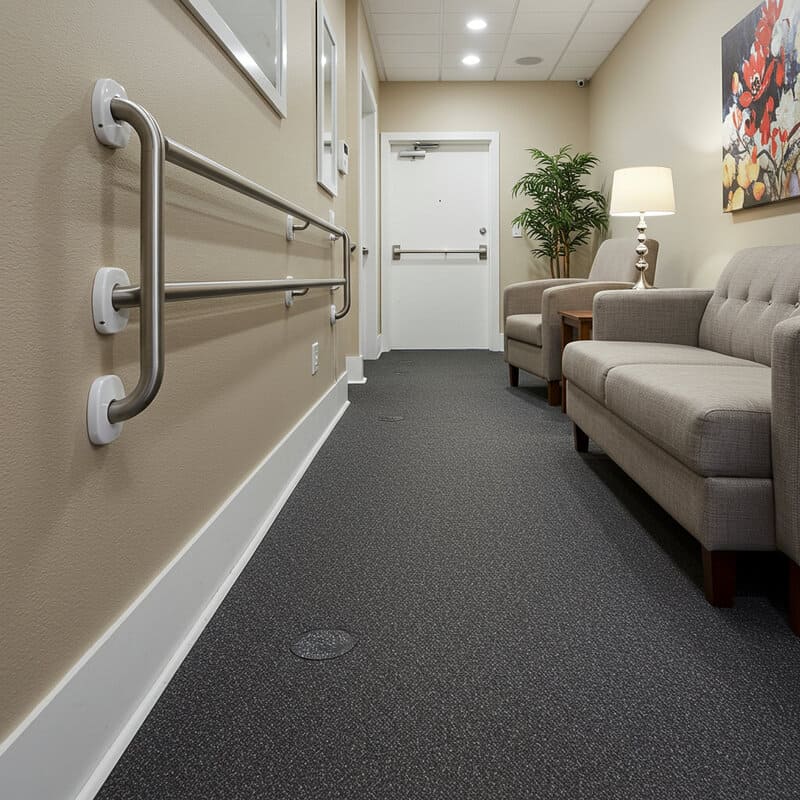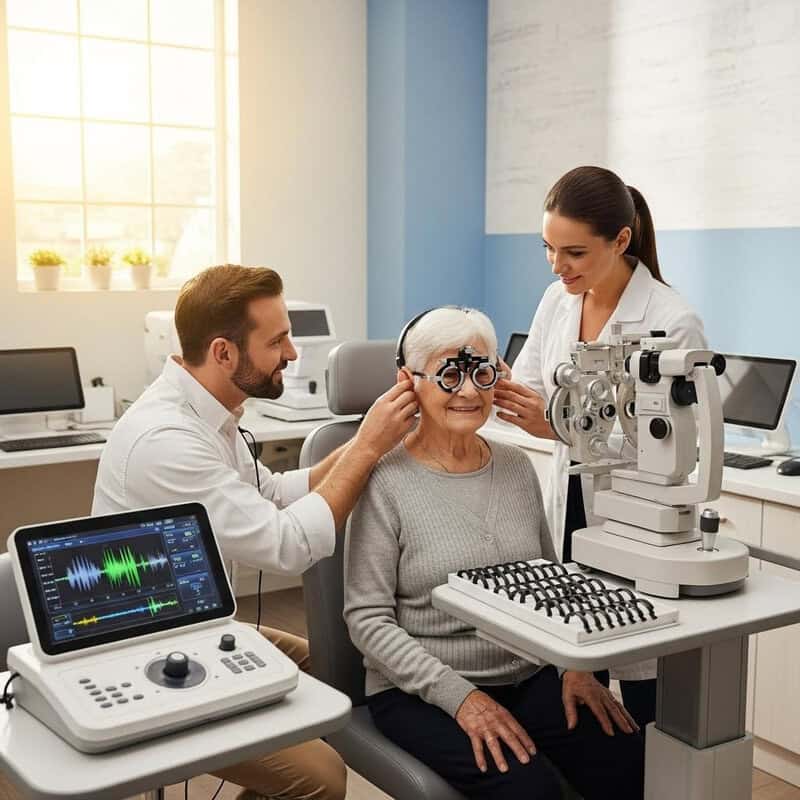8. Ignoring Mental Stimulation

Keeping the mind active is essential for reducing the risk of cognitive decline as you age. Activities like solving puzzles, reading books, or learning a new language or skill can help keep your brain engaged and sharp. Routine mental stimulation supports memory, problem-solving, and overall brain health.
Even socializing and playing strategy games offer cognitive benefits. The Alzheimer’s Association provides practical tips for boosting brain health and preventing cognitive decline. Discover more ways to keep your mind active at their resource: 10 Ways to Love Your Brain.












